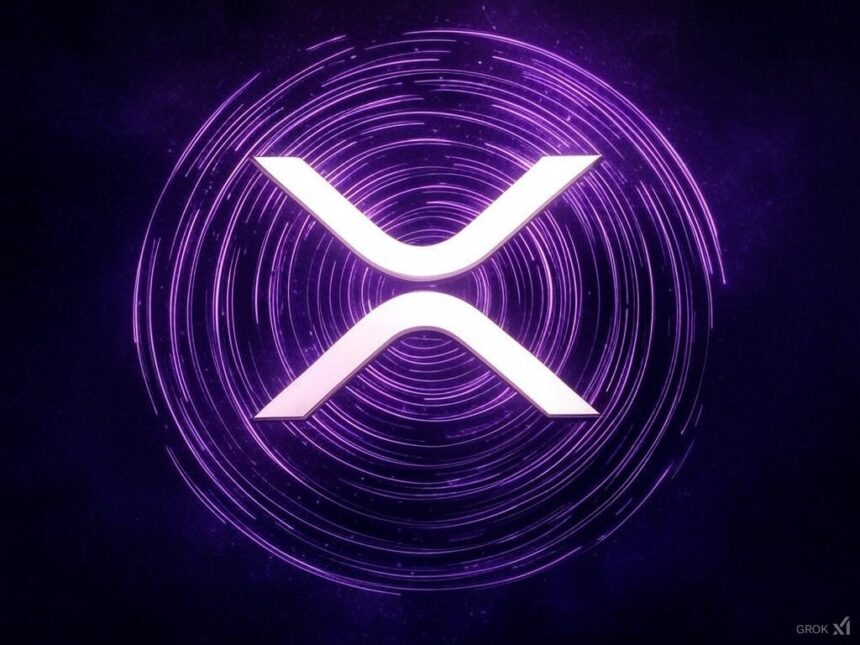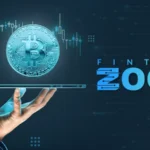xrp lawsuit:
The ongoing legal saga between Ripple and the U.S. Securities and Exchange Commission (SEC) has captivated the cryptocurrency world, particularly fintech enthusiasts, investors, and legal professionals. With recent reports suggesting a potential settlement and the possibility of XRP being classified as a commodity, this case may not only alter the regulatory landscape but also shape the future of digital assets. This blog will break down the key points of the lawsuit, recent developments, expert opinions, market reactions, and what lies ahead for Ripple and XRP.
Background of the XRP Lawsuit
The controversy dates back to December 2020, when the SEC filed a lawsuit against Ripple Labs, alleging that the company raised over $1.3 billion through an unregistered securities offering by selling XRP tokens. The SEC argued that XRP, much like stocks or bonds, was a security that required proper registration to comply with U.S. law. Ripple, however, maintained that XRP is a currency and not a security, similar to Bitcoin or Ethereum.
This legal battle has since become a benchmark case, with significant implications for the classification of cryptocurrencies and their treatment under U.S. securities laws. Ripple has argued that the SEC failed to provide clear guidance on what constitutes a digital security, while pointing to Ethereum’s commodity classification as a precedent for XRP.
Recent Developments in the Case
Commodity Classification in Settlement Talks
A major development in the lawsuit emerged recently, as reports indicate that the SEC is considering classifying XRP as a commodity rather than a security. This shift in stance mirrors the SEC’s view on Ethereum, which was initially scrutinized for its initial coin offering (ICO) but later deemed a commodity.
Market analysts suggest that this potential classification change could be a game changer for Ripple and XRP holders. It may provide clearer regulatory guidelines for Ripple’s operations and set a precedent for other digital assets facing similar legal dilemmas.
Settlement Negotiations
Ripple’s legal team is reportedly negotiating terms with the SEC to resolve the lawsuit. According to FOX Business journalist Eleanor Terrett, Ripple is seeking a reduction in its $125 million fine, along with lifting restrictions on XRP sales to institutional investors. A favorable settlement could bolster Ripple’s reputation and enable broader institutional adoption of XRP.
XRP as a Payment Network
Beyond discussions of XRP’s classification, there has even been a proposal to establish XRP as a payment network for streamlining cross-border transactions. By doing so, Ripple could facilitate the release of liquidity in Nostro accounts, potentially unlocking up to $1.5 trillion in trapped capital globally. This could position Ripple as a key player in the financial industry’s digital transformation.
Expert Opinions on the Ripple Lawsuit
Legal experts believe the SEC’s considerations regarding XRP’s classification reflect a broader effort to refine regulatory clarity in the crypto landscape. If XRP is officially deemed a commodity, it could pave the way for Ripple to focus on its business objectives without ongoing legal distractions.
Market analysts are optimistic about Ripple’s potential victory in the case. James Seyffart, an ETF analyst at Bloomberg, noted that a favorable conclusion could lead to regulatory approval for an XRP-focused spot ETF. This would further solidify Ripple’s role in institutional finance.
Still, experts caution that the negotiation outcomes could take time, and the broader regulatory environment for cryptocurrencies remains complex.
Market Reaction to Ripple News
The crypto market has responded positively to news of potential regulatory clarity for XRP. Following reports of a possible settlement, the price of XRP surged past $2.34—a 23% gain over the course of a week. This rally indicates growing investor optimism about Ripple’s chances in the lawsuit and the potential for a clear path forward for XRP.
If XRP is classified as a commodity, analysts predict an influx of institutional interest. Ripple’s technology could become central to cross-border payment solutions, attracting partnerships with banks and financial institutions looking to leverage blockchain for cost-effective transactions.
Future Prospects for XRP and Ripple Labs
XRP Spot ETF
The approval of an XRP-focused spot ETF could be a significant milestone, making it easier for institutional investors to gain exposure to XRP. This would boost liquidity and could drive the price upwards, potentially transforming XRP into a widely recognized investment asset.
Institutional Adoption of Ripple’s Technology
Ripple Labs has long touted its blockchain technology as a game changer for cross-border payments. A positive outcome in the lawsuit could validate XRP as a trusted financial tool and encourage partnerships with larger financial institutions, such as banks and payment providers.
Regulatory Ripple Effects
The outcome of the lawsuit will likely have ripple effects beyond XRP itself. A favorable resolution could influence how other cryptocurrencies are classified under U.S. law, providing much-needed clarity for investors and fintech firms alike.
Looking Ahead for XRP Investors and Enthusiasts
With the lawsuit approaching a potential resolution, the stakes have never been higher for Ripple and XRP. Whether it’s a settlement with the SEC, a shift in classification to a commodity, or increased utility as a payment network, the developments in this case are set to define the next phase of cryptocurrency regulation.
For investors, Ripple’s legal triumph could bring significant opportunities for XRP—the potential ETF approval, increased institutional adoption, and a more defined regulatory framework all contribute to its appeal. However, volatility remains an inherent part of the crypto market, and thorough research is crucial before making investment decisions.
Ripple’s battle with the SEC has already reshaped perceptions of what cryptocurrencies represent in the financial system. Its outcome promises to be a landmark moment not just for Ripple but for the entire crypto industry.
FAQ About the XRP Lawsuit
1. What is the XRP lawsuit about?
The XRP lawsuit involves the U.S. Securities and Exchange Commission (SEC) accusing Ripple Labs, the company behind XRP, of conducting an unregistered securities offering by selling XRP tokens. The case centers on whether XRP should be classified as a security or not.
2. Why is the outcome of this case significant?
The case could set a legal precedent for how cryptocurrencies are classified in the United States. A ruling against Ripple could lead to stricter regulations for cryptocurrencies, while a favorable outcome could establish clearer guidelines and foster innovation within the crypto industry.
3. How long has theXRP lawsuit been ongoing?
The XRP lawsuit was filed in December 2020 and has since undergone various legal proceedings without a definitive conclusion. The case’s complexity has contributed to its lengthy timeline.
4. What are Ripple’s main arguments in the case?
Ripple’s defense argues that XRP is not a security and functions as a digital currency, similar to Bitcoin and Ethereum. Ripple also claims the SEC failed to provide clear guidelines, creating confusion for the industry.
5. How has the XRP lawsuit affected’s value?
XRP’s price has experienced significant volatility due to the XRP lawsuit. Positive developments for Ripple, such as partial court rulings in their favor, have typically led to price surges, while uncertainties surrounding the case have caused fluctuations.
6. Could the lawsuit impact other cryptocurrencies?
Yes, the outcome of this case could have far-reaching implications for the entire cryptocurrency market. A clear ruling on XRP’s status might serve as a regulatory benchmark for other digital assets.
7. When is the final decision expected?
There is no set timeline for when a final decision will be made. Legal cases of this magnitude can take months or even years to reach a conclusion.
8. What should investors do in the meantime?
Investors are encouraged to stay informed about updates in the case and remain cautious. Diversifying portfolios and assessing risks are critical, given the ongoing uncertainty in the crypto market.












